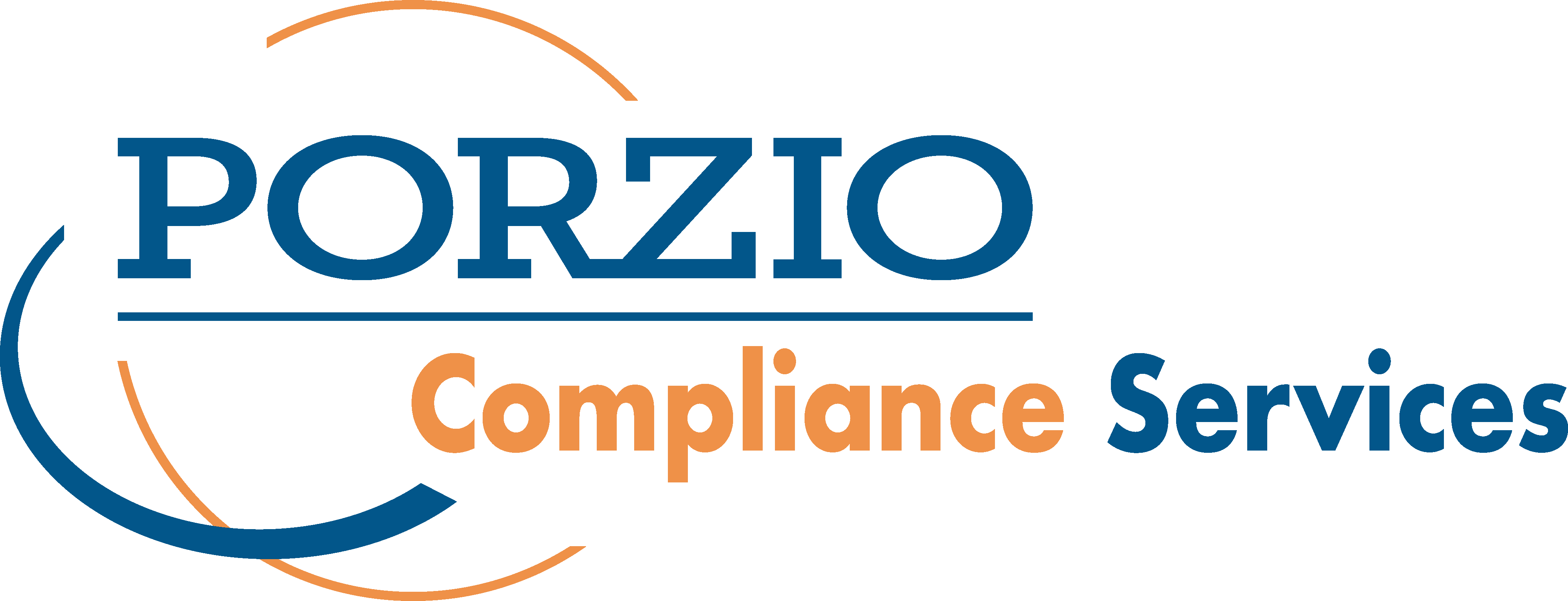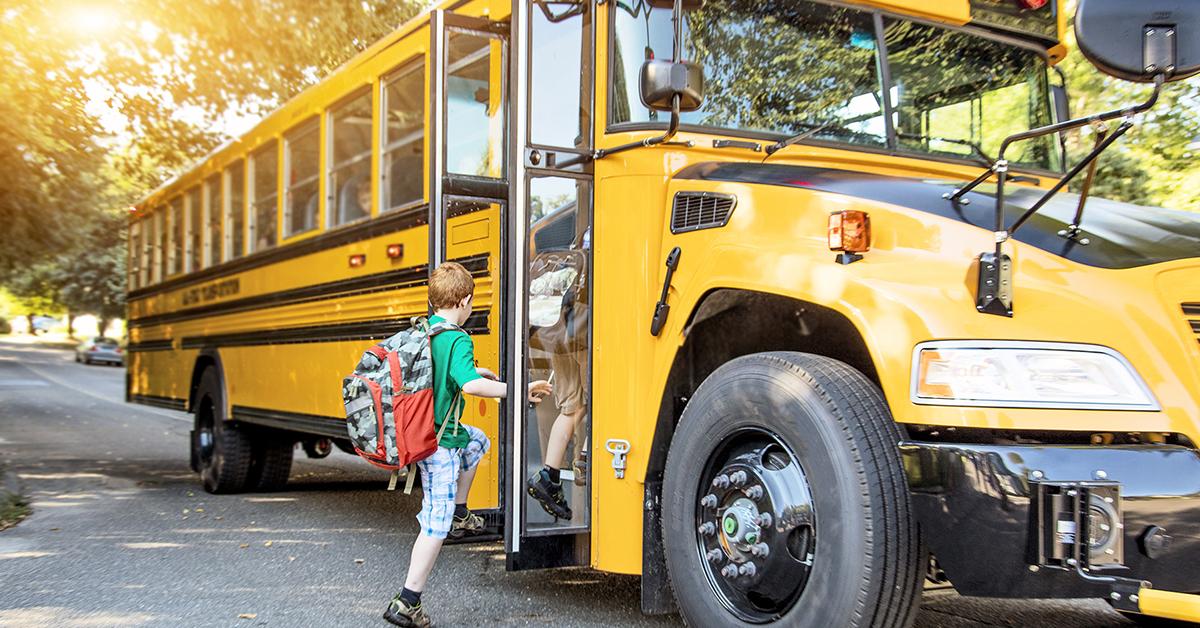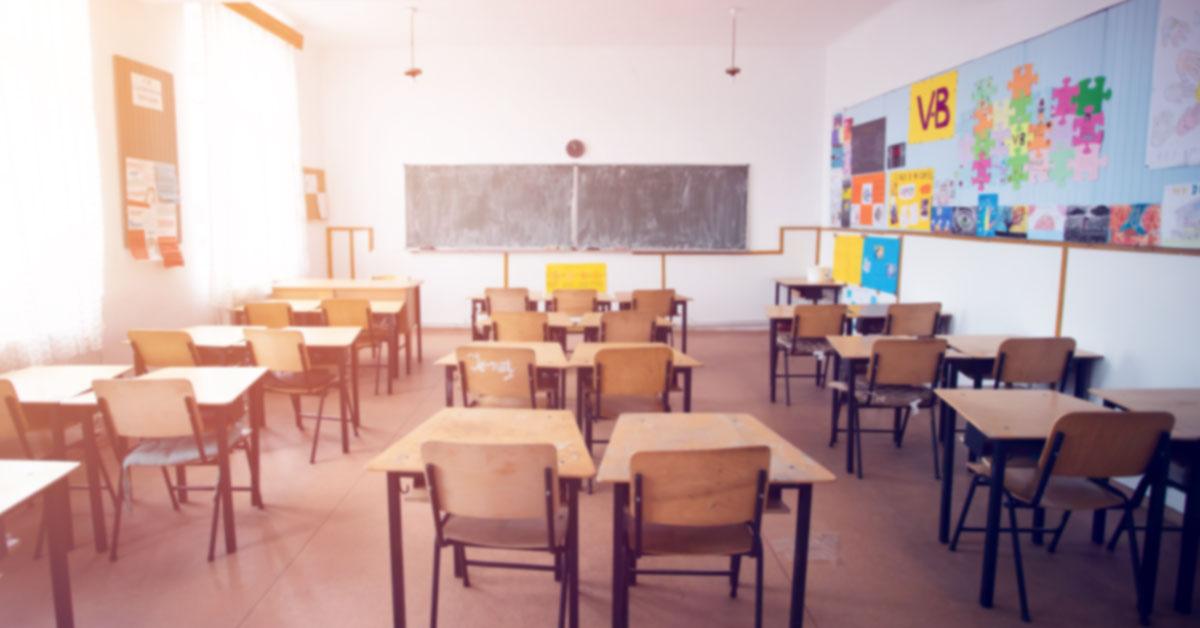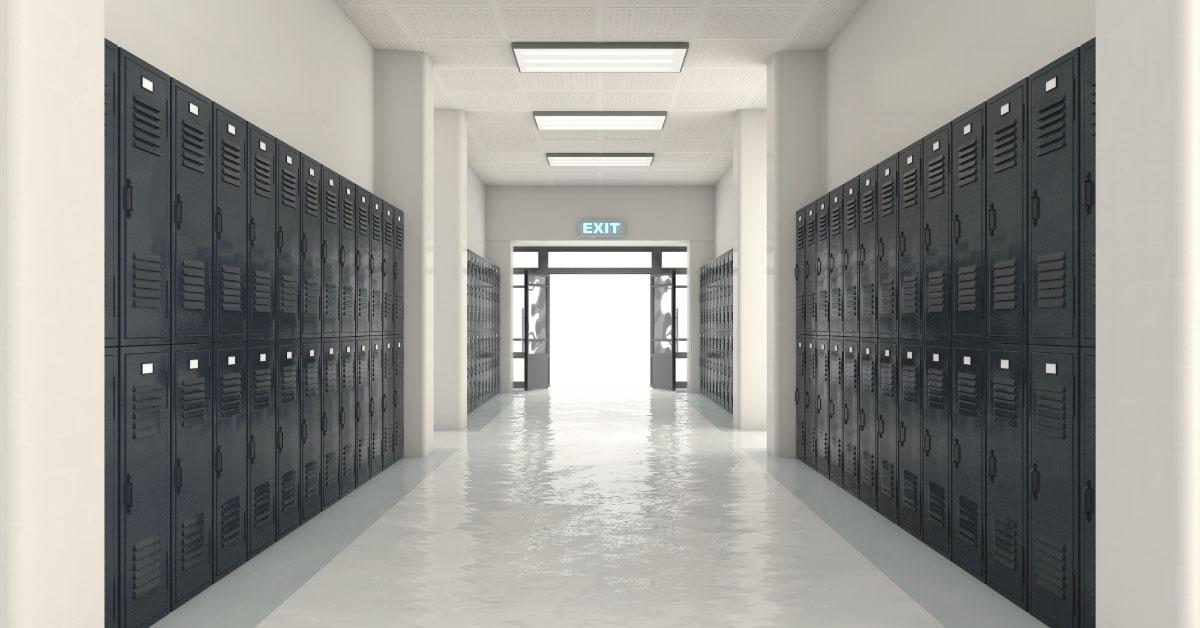September 2, 2021 – While COVID-19 has consumed our conversations and resources over the past year, and variants of COVID-19 and rising levels of infection continue to require schools to adapt for in-person learning for the 2021-22 school year, planning for masks, vaccines, disinfecting, and other disease mitigation strategies, preparation for the upcoming school year must also include the traditional back-to-school planning of years past. Safety and security considerations should top the list to ensure a safe return for students and staff.
The School Year is Over- What’s Next?
The 2020-21 school year has been extremely challenging. Pandemic related planning, remote and hybrid schedules, and periodic closures have left administrators, teachers, staff, students, and parents exhausted and in need of a well-deserved respite. As plans for proms, award ceremonies, graduations, and other yearend activities are finalized, it appears the school year is officially winding down.
Violence in the Workplace: Prevent, Prepare, Respond, and Recover
A spate of widely publicized shootings in recent weeks has renewed the conversation around these incidents and the need to focus on ways to prevent acts of violence. While some of these incidents occurred at public venues with little or no apparent connection between the location and the assailant, other circumstances place incidents in the category of workplace violence.
April is the Cruelest Month
As we begin to see signs of spring, we must keep in mind that the month of April marks the anniversaries of a number of historic acts of violence that have shaped the way our nation has come to view school security and safety.
Information Security 101 : FBI K-12 Distance Learning Warnings and What to do next?
For most IT professionals working at K-12 schools, every day is challenging and even more so over the last 12 months. Porzio Compliance Services continues to receive inquiries from districts about what to do about these warnings.
Time to Refocus on School Security- Back to Basics
Over the past year, we have been thrust into an environment where personal protective equipment, hand sanitizer, and social distancing have overwhelmingly eclipsed traditional pre-COVID-19 security measures. Prior to the pandemic, schools were enhancing physical security on a trajectory that was driven by incidents of school violence and the need to not only make our schools safe, but more importantly make our children and parents feel safe when entering our buildings or sending kids off to school for the day.
Emergency Preparedness: A Continuous Process
Whether the subject of your emergency preparedness efforts focus on schools, businesses, houses of worship, health care facilities or any other organization, planning for emergencies is a continuous process. Many organizations establish Emergency Operations Plans (EOP’s) or implement written response protocols to fulfill regulatory requirements or comply with laws related to their industry. While this is a necessary and worthwhile endeavor, far too many organizations rarely, if ever, revisit these plans to ensure that they are kept current and evolve with the ever changing threat environment that we live in.
Emergency Planning for Students with Disabilities
The state’s administrators, teachers, and aides find themselves in new and unchartered territory trying to navigate an entirely remote learning environment. Basic educational strategies that assume a face-to-face environment are now unavailable, and teachers are using new technology and products with which they had little, if any, prior experience.
Planning for Reopening: Considerations for Schools
States across the nation are beginning to plan for reopening businesses, houses of worship, and other venues. In many states, however, schools have committed to concluding the school year without returning to face-to-face instruction and the use of school facilities.
Investigations: Conducting a successful investigation starts before the first question is asked.
Before asking questions, several key undertakings and decisions often need to be made. One is conducting a document review of information, such as employee and student records to glean as much information about the investigation as possible.
- Page 2 of 2
- 1
- 2












